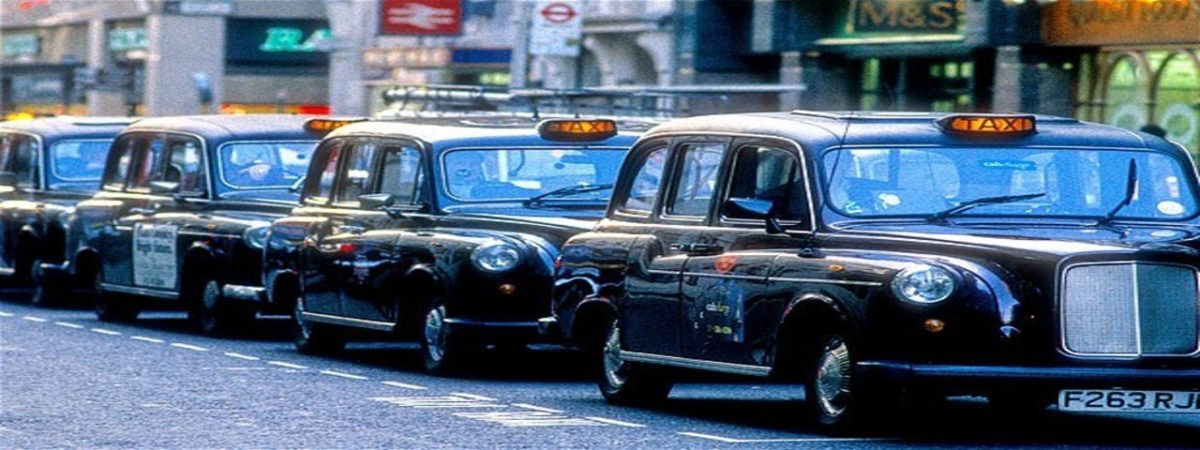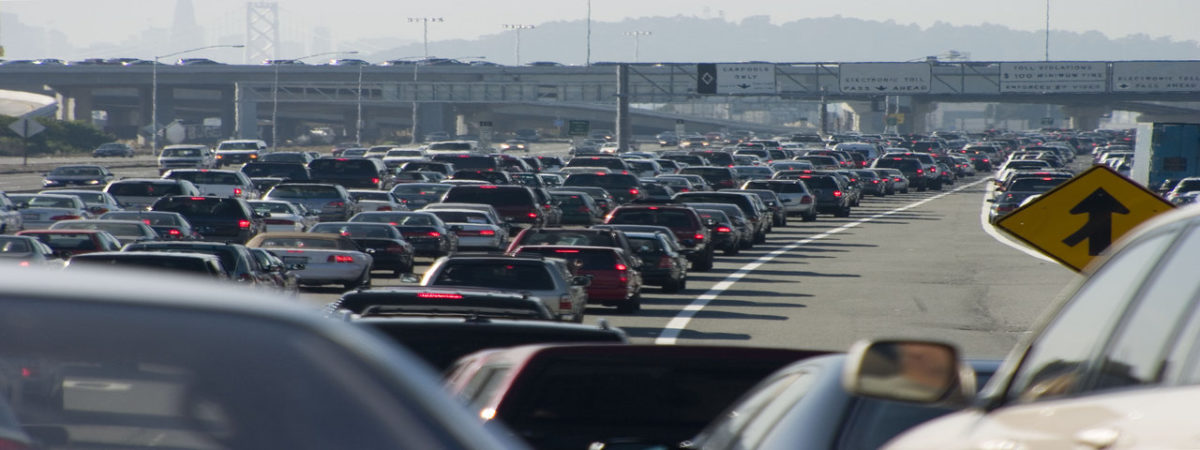This US presidential election marks the Western world’s retreat from economic liberalism
SUGGESTED



While a commitment to individual rights and a clear separation of powers has facilitated the conditions to maintain the US at the world’s technological frontier, this year presents a particularly depressing choice for economic liberals who believe in these values and economic freedom as a means of enhancing well-being.
First, let’s examine Mrs Clinton. Imbued as she is with an ideological commitment to positive rights, she clearly desires a much more highly regulated US labour market, bringing with it constraints on freedom of contract and association. She is committed to a significant hike in the federal minimum wage to $12, disavowing any potential trade-offs in terms of job opportunities.
She wants to follow the UK on the path to state-subsidised and regulated childcare, which has seen costs sky-rocket for seemingly little return. She also appears to subscribe to the naïve belief (which unfortunately permeates much of economic academia both sides of the Atlantic) that markets are only ever one regulation away from perfection.
Unlike previous candidates, she mercifully has not promised grossly irresponsible expansions of federal borrowing. Yet her “costed” proposals for hikes in spending on everything from education to broadband tend to come accompanied with the predictably dishonest populist notion that everything can be financed by taxes on a wealthy elite.
Though her overall tax and spend programme has been projected to keep federal debt on a similar path to currently forecast, that current forecast is itself unsustainable, with ever-increasing long-term liabilities driven by rising spending on Medicare and Social Security, of which she has said little.
Hold on, you might say. Isn’t she economically liberal on trade and migration? It’s true that in private Clinton has said she supports a “hemispheric Common Market, with open trade and open borders”. She at least recognises the value of the movement of goods, services and labour for economic well-being, albeit with very EU-sounding overtones of harmonised, regulated trade.
But even here she has shifted in a protectionist direction out of political expediency, boxed in by her primary opponent Bernie Sanders.
Yet for all Clinton’s faults, Trump’s economic policies are far more dangerous.
For while he maintains his party’s long-term (rhetorical) commitment to a less heavily regulated private sector, he has abandoned both fiscal restraint and key components of the liberal order in a warped and economically illiterate narrative of the world. Indeed, the best that can be said of him on economic policy is that he is so unpredictable and dishonest that he would backtrack on most of his agenda upon winning.
His tax and spending plans are pure fantasy, promoting huge tax cuts that even the world’s most optimistic supply-sider would admit would lead to massive borrowing. This is especially true because he has also committed to significant increases in infrastructure and defence spending, while essentially insulating from reform the key entitlements which drive the US’s long-term debts. Instead he has offered promises to reduce “waste” and get government more efficient – as if nobody ever thought of this before.
But it’s on trade and migration that Trump is most dangerous. No economist worth his or her salt could possibly support a candidate so incredibly misguided in these areas, not least because the implications of such a large economy turning protectionist would be damaging not just for US consumers but for the whole world trading system.
The idea that tariffs, tearing up trade deals and deporting 11m illegal immigrants is the route to prosperity is just so misguided, so foolish, so contrary to all accumulated wisdom of how free economies can be positive-sum, that victory for Trump would be a severe setback to economic freedom, risking highly damaging trade wars.
Liberal pundits here like to equate Trumpism with the recent Brexit vote. Yet the key difference is that the latter was a constitutional decision relating to where powers should lie. The US election is about which individual will be granted the exercise of powers.
Economics is not the only consideration in this election, of course. It may not even be the most important. Yet it does tend to be the area where governments can do most damage to their citizens. Though Trump would be constrained by the US legislature, if we believe what he says, he is the far bigger threat to domestic and international prosperity.
This article was first published in City AM.
2 thoughts on “This US presidential election marks the Western world’s retreat from economic liberalism”
Comments are closed.




This article is simply nonsense. We know Clinton well. A career politician always on the edge of fraud. She has a record of warmongering and like Obama and Bush likes military expansion and the idea of a war with Russia in Europe. The American Establishment wants to make the EU a satrapy of the US and to stop EU economic integration with Russia if it costs the life of every European. That’s what the Ukraine coup was all about and look what happened! Same with Georgia and the ‘colour’ revolutions financed by the US. The US has the openly stated objective of being the most powerful military, information and economic power in the world. It’s a mad objective. We don’t know what Trump really wants to do or will be able to do. As a businessman he won’t like wars and is talking about running down NATO and working with Putin. Sounds good to me. The cash he can free up by reducing military spending can be used for his infrastructure program. Naturally, the Pentagon and Establishment won’t like this so he risks their non-cooperation if not assassination. It’s the American way. He has to create jobs somehow. There’s nothing wrong with tariffs. If you read the ‘invisible hand’ bit of Smith’s Wealth of Nations (which economists don’t do) you’ll see that Smith recommends a free market within country and tariffs on foreign products. Naturally, one must be careful with it. We’re heading for a world regime of managed trade. Until about 20 years ago the developed countries have had an advantage in technology and market dominance world wide, so the ‘free market’ worked well for them. That is no longer the case. We have to give up bombing other countries and invest our money and minds in our domestic economies. That will take care of the terrorism that we have created and GCHQ can stop creaming off some of our best minds to spy on everyone. Unhappily I suspect that this spying is really about population control rather than terrorism. I also suspect that Trump will turn out OK for America given his survival, but even if he only reduces US aggression against Russia in Europe and the Middle East I will be happy. The big problem is not trade – its avoiding a war. There’s nothing worse for our economy, although the Americans could make money out of it. Some NATO idiots have been saying that they can win a war against Russia in Europe. They really don’t care. Obama actually instructed his NATO guys that they weren’t to start a war in Europe. He must have meant a big war because they’ve already started a couple of little ones.
Interesting to read your considered response, following Trump’s success, and when we can see the shape of his team. Already back-sliding on Obama’s medicare program ….
John Stewart